
OR
‘Presidential quota in upper house meant for experts, not politicians’
Published On: March 11, 2020 07:36 AM NPT By: Ashok Dahal | @ashokpillar
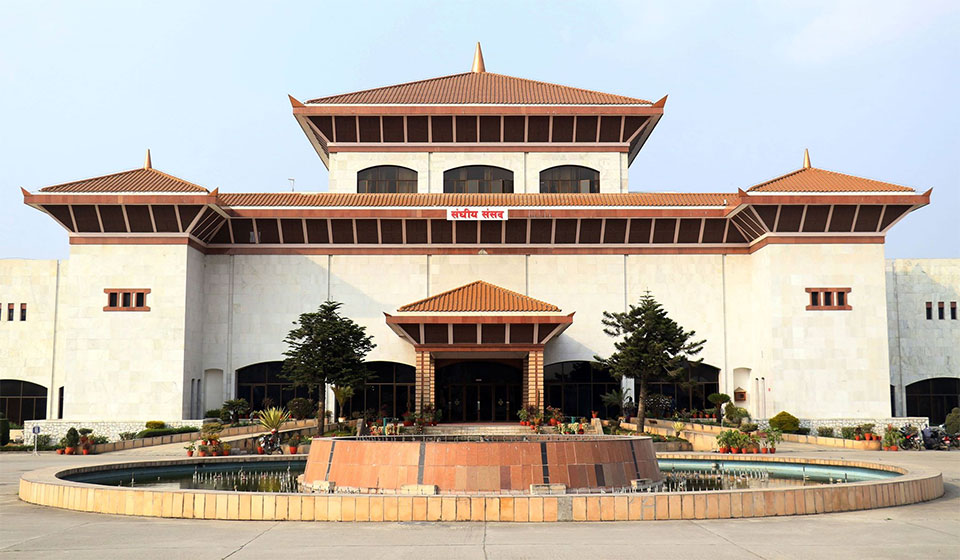
KATHMANDU, March 11: With the ruling Nepal Communist Party (NCP) exerting pressure on Prime Minister KP Oli to nominate party Vice-chairman Bamdev Gautam as an upper house member under the presidential appointments quota, constitutional experts are saying that these quota seats should not be given to politicians.
Then chairperson of the Constitutional Assembly (CA) Subas Nembang said that the spirit of the constitution was to appoint experts or non-political actors under this quota.
“The appointment quota is not for politicians who can make it to the National Assembly through elections. The intention of the framers of the constitution was to have experts fill these quota seats,” said Nembang, who is also deputy parliamentary party leader of the NCP.
Asked about his own party asking the prime minister to appoint Gautam, Nembang was not very forthcoming. He said the decision of the party secretariat meeting was to just ‘request’ the prime minister for the appointment.
Former speaker of the House of Representatives Daman Nath Dhungana said the government should have conscience keepers appointed to the upper house, not dyed in the wool politicians. “The rational of appointing some members to the upper house is to ensure the representation of some conscience keepers in parliament whose expertise is needed but who find the hurly-burly of politics distasteful,” Dhungana told Republica.
“But the political parties in our country have been misusing this provision to get even politicians who have just lost an election appointed.”
The Dahal government had recommended leader of the then CPN (UML) Madhav Nepal for appointment as a CA member under the presidential quota in 2008. Nepal had just lost the CA election from two different constituencies. He went on to succeeded Dahal as prime minister.
Dhungana recalls that the practice of appointing politicians under the nominated quota begun in 1990 after the restoration of democracy in the country. “A dispute even arose between the ruling UML and the opposition Nepali Congress after some appointed members sat in the rows allocated for the NC,” he said.
The National Assembly has started allotting separate seats for appointed upper house members following pressure from such lawmakers.
“Separate seats have been allotted for us after repeated demands from our side,” said Ram Narayan Bidari, a presidential appointee to the upper house. Bidari and Bimala Paudyal Rai, another such appointee, used to sit in the NCP rows for the first two years after their appointment.
Constitutional expert Chandra Kanta Gyawali said that in the absence of clear qualifications for appointed as NA members, political parties are able to appoint even those leaders who have lost the last election. “Our constitution lacks specific criteria for appointment as upper house members even though such quotas are meant for individuals who have distinguished themselves in various spheres,” said Gyawali.
The new constitution in 2015 reduced the appointed quota to three seats from 26 in the interim constitution. But the government recommended Yubaraj Khatiwada, Bidari and Rai to the upper house on the basis of the choice of party heads and power centers. Khatiwada is close to Prime Minister Oli while Bidari is close to Dahal and Rai to President Bidya Bhandari.
You May Like This

MPs draw govt’s attention to shortage of chemical fertilizers
KATHMANDU, July 4: Members of the National Assembly, the upper House of the federal parliament, have drawn the government’s attention... Read More...
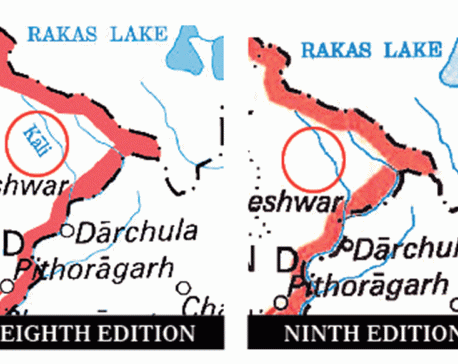
Upper house endorses resolution to reclaim Nepali territory
KATHMANDU, Jan 3: The upper house of parliament on Thursday directed the government to settle boundary issues with India, unanimously... Read More...
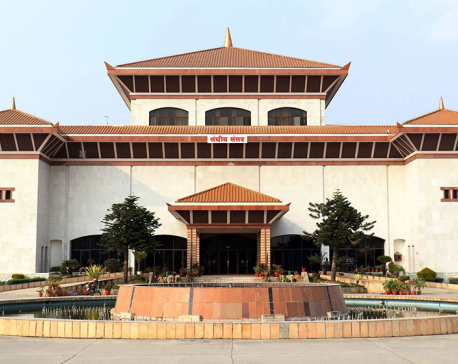
Upper House session: lawmakers draw government attention to contemporary issues
KATHMANDU, Jan 16: Speaking in a zero hour of the National Assembly (NA) session today, the Upper House members drew... Read More...




Just In
- SC rejects writ petition filed against Home Minister Lamichhane
- Nepal and China sign two agreements in the presence of Finance Minister Pun
- Pun released on bail in Supreme Cooperative fraud case
- Govt should not look for enforcing populist budget for next FY: Former finance ministers
- DoFE requests relevant parties to provide essential facilities to foreign workers traveling abroad
- Foundation stone laid for building a school in Darchula with Indian financial assistance
- 151 projects to be showcased for FDI in Third Investment Summit
- Police disclose identity of seven individuals arrested with almost 2 kg gold and more than Rs 10 million in cash











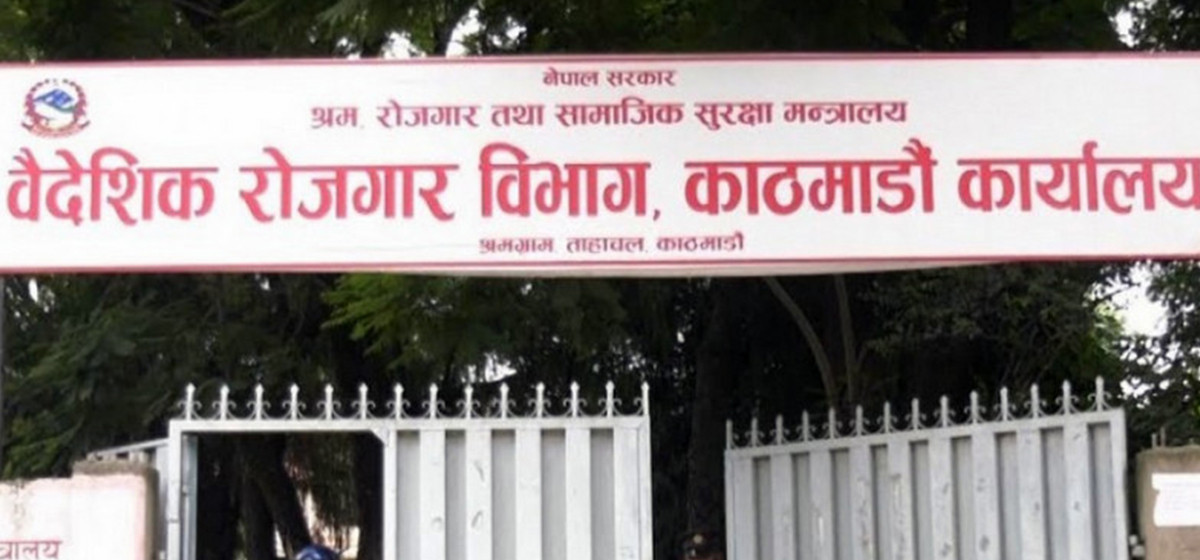
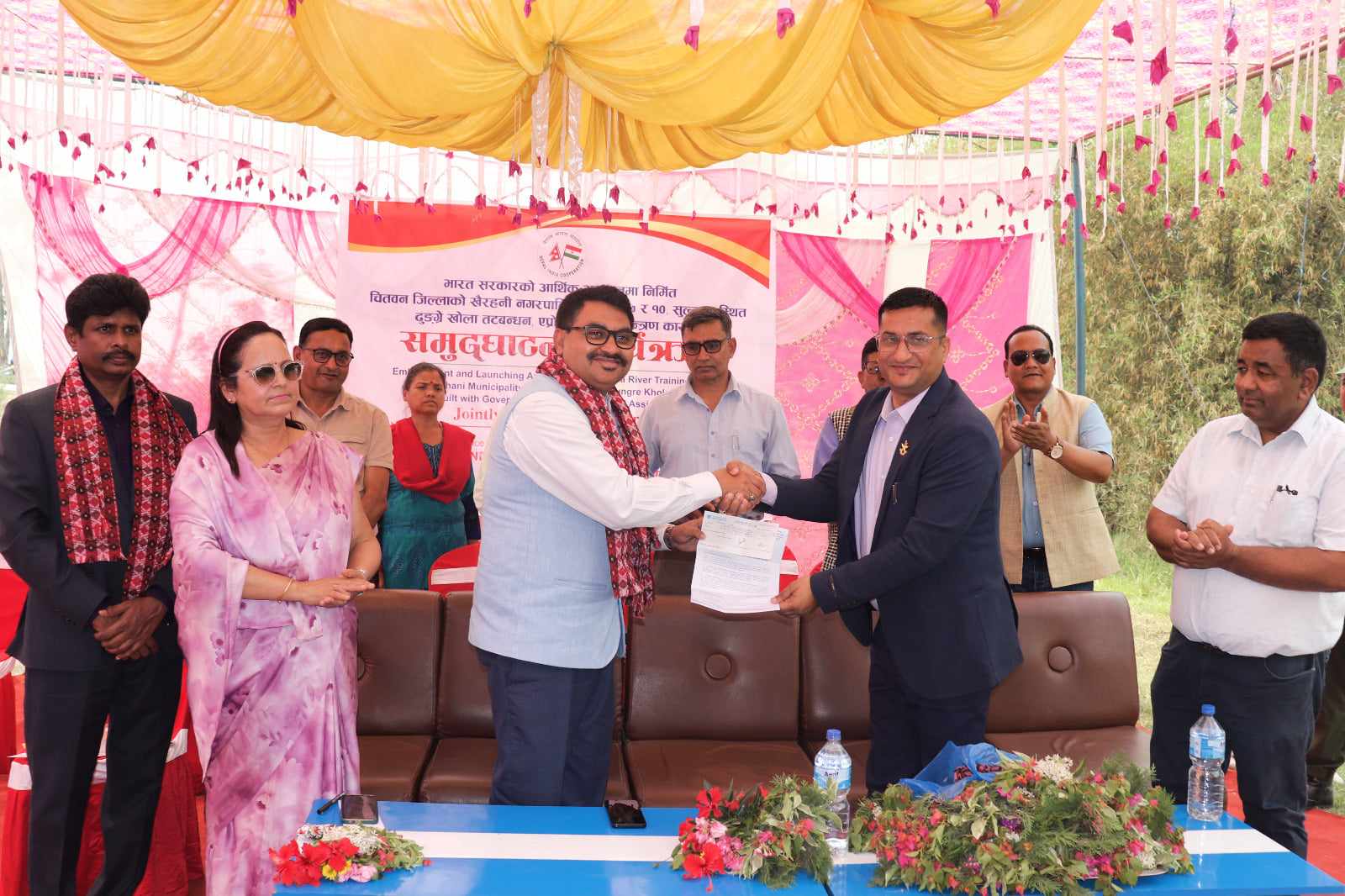


Leave A Comment